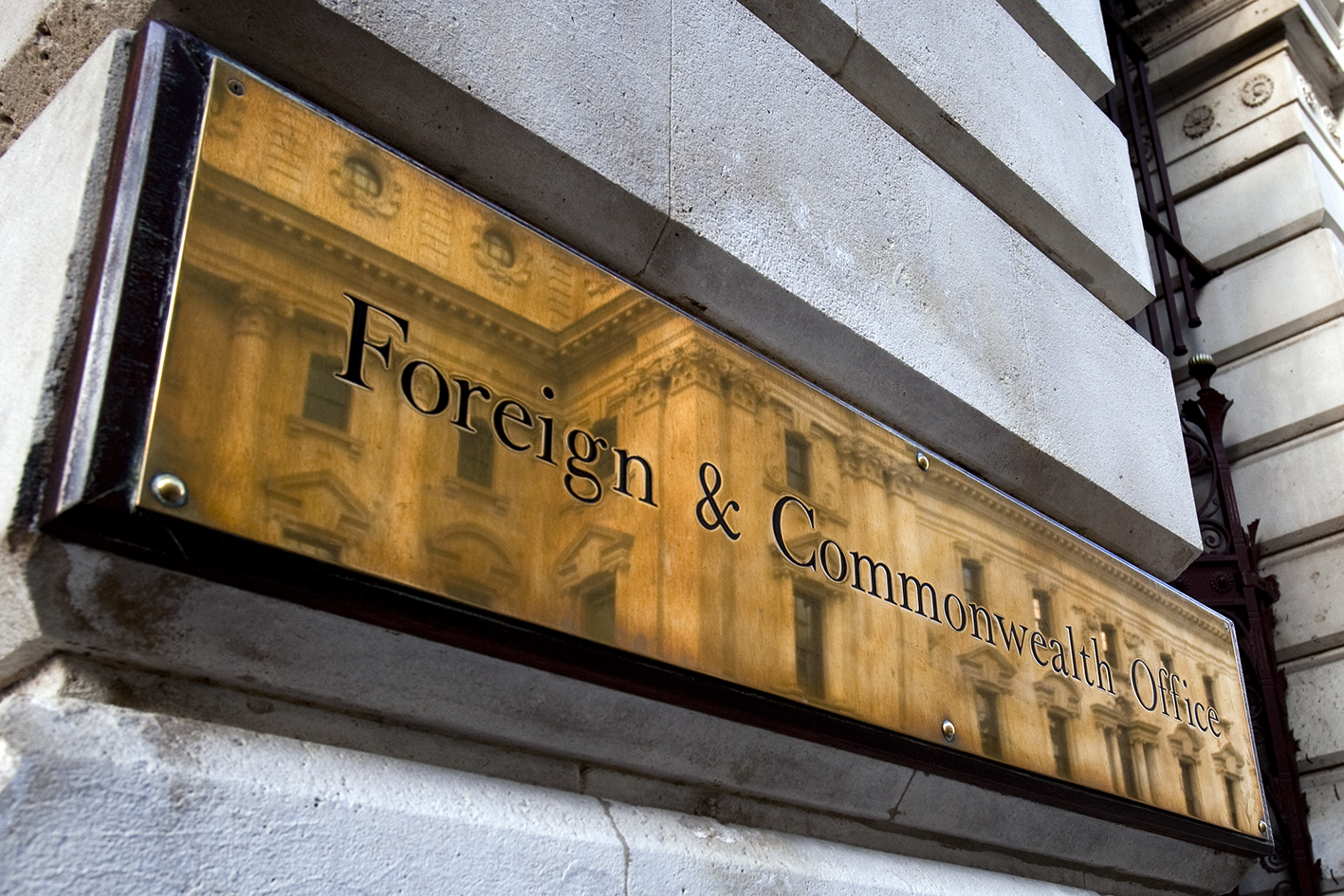Insurance
Kenya travel warning: Will your insurance cover you if you cancel?

The Foreign and Commonwealth Office (FCO) has advised against all non-essential travel to portions of Kenya. Are you covered by travel insurance if you want to cancel?
Following a spate of recent terrorist acts, the FCO is warning Brits against travelling to Mombasa Island and the surrounding area.
Travellers currently there are advised to leave immediately, while the FCO suggests that anyone who absolutely must travel or remain there take out comprehensive travel and medical insurance.
For anyone whose expensive holiday is now in jeopardy, travel insurance could be the difference between a massive loss and a minimal inconvenience.
But in what circumstances are you covered?
According to Gocompare.com’s travel expert Caroline Lloyd, if you decide to travel to areas in Kenya against the advice of the FCO, your travel insurance will be automatically invalidated.
However, Lloyd says: “If you’re booked to travel to an area of Kenya still deemed safe by the FCO but choose not to go, your travel operator is under no obligation to refund you or offer you an alternative destination. You also won’t have a valid cancellation claim under your travel insurance.”
According to Confused.com’s Mhairi Edwards, if the FCO has advised against all but essential travel to an area, the following advice should be taken:
• If you haven’t taken out travel insurance before the FCO advised against travel to that country then you’re too late to get cover. That’s why it’s important to get your travel insurance as soon as you book your holiday.
• If you booked the holiday and took out the travel insurance before the advice was issued then you should be entitled to claim the cost of your holiday back, but check the specific exclusions of your policy as these should state whether unrest is covered. This should come under the ‘cancellation cover’ of your policy so check that section to find out what you’re entitled to. The table of benefits in your policy will show the maximum amount that you can claim for and will generally cover you for:
o Travel and accommodation expenses – flights, hotels, car hire and the like.
o Any excursions or tours you’ve already paid for.
o The cost of visas.
• If you decide to travel against the advice of the FCO then your travel insurance may fail to pay out if you have to make a claim as a direct result of the situation.
For example – if your baggage is lost or stolen you should still be covered, but if your flight back is delayed by a few days because of security concerns you will not be entitled to anything.
• If you’re already abroad when the situation changes then your policy should pay out for expenses incurred as a result of delays/cancelled flights – for example, an extra nights’ accommodation or alternative transport.
However, any flight leaving an EU airport or into the EU on an EU-based airline will initially be covered by European Commission regulations.
For example, you are entitled to compensation of between €125 and €600 depending on the distance of the flight and the length of the delay. After this, your travel insurance policy kicks in. This rule also means that airlines have a duty of care to passengers and must provide them with accommodation, meals and refreshments in addition to transport between the airport and accommodation.
People can visit http://ec.europa.eu/transport/passenger-rights/en/ to find out what they’re entitled to. There’s also a free app they can download which will let them check what their rights are while at the airport.
And don’t forget to…
• Make sure you check the amount of cancellation cover on your policy is adequate to cover the total cost of your holiday.
• Print out your policy documents and carry them in your hand luggage so you can easily check what you’re covered for.
• Make yourself aware of your passenger rights so you’re fully prepared in the event of delays and know what you’re entitled to claim from airlines and airports.
• If in doubt, contact your provider. They will be able to tell you exactly what you can claim for and how to go about it.